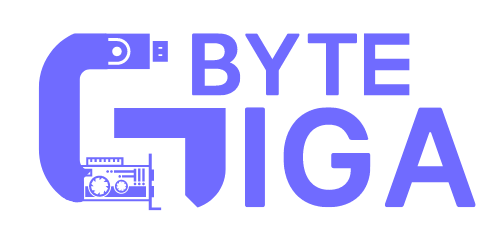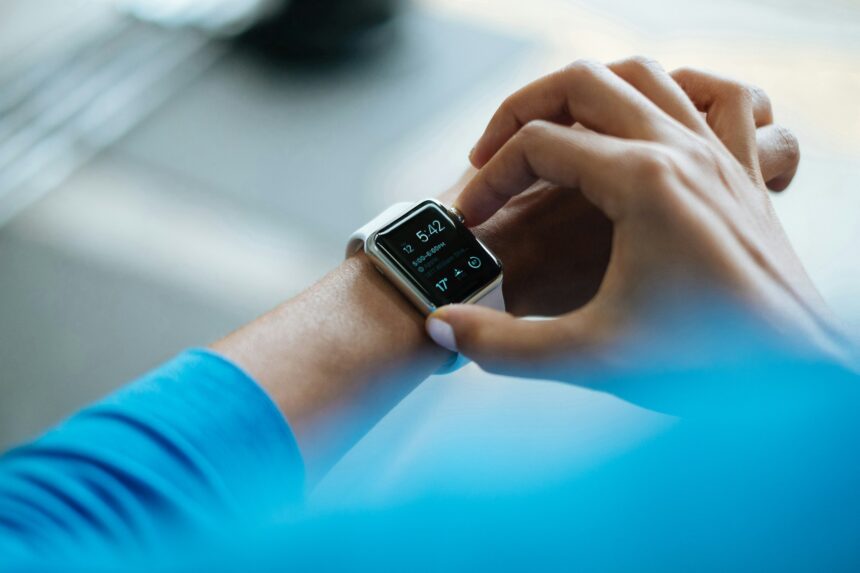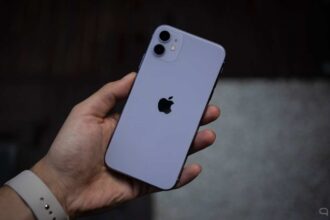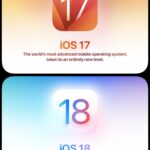In today’s fast-paced world, staying on top of your health can be challenging. However, wearable health tech is making it easier than ever to monitor your health in real-time. From fitness trackers to advanced medical devices, these innovations are transforming how we approach health and wellness.
Introduction to Wearable Health Tech
Wearable health technology encompasses a range of devices designed to be worn on the body, providing continuous health monitoring and data collection. These devices include fitness trackers, smartwatches, and specialized medical devices that track various health metrics.
The Evolution of Fitness Trackers
Fitness trackers have come a long way since their inception. Initially designed to count steps, modern fitness trackers now offer a plethora of features, including heart rate monitoring, sleep tracking, and even stress level measurement. Brands like Fitbit and Garmin have become household names, offering devices that cater to both casual users and serious athletes.
Advanced Medical Devices
Beyond fitness trackers, wearable health tech includes advanced medical devices that provide critical health data. These devices can monitor blood pressure, glucose levels, and even detect irregular heart rhythms. For instance, the Apple Watch has an electrocardiogram (ECG) feature that can alert users to potential heart issues.
Continuous Glucose Monitors
Continuous glucose monitors (CGMs) are a game-changer for individuals with diabetes. These devices provide real-time glucose readings, helping users manage their condition more effectively. Brands like Dexcom and Abbott offer CGMs that sync with smartphones, providing easy access to glucose data.
Blood Pressure Monitors
Wearable blood pressure monitors are another significant advancement. These devices allow users to track their blood pressure throughout the day, providing valuable insights into their cardiovascular health. Omron and Withings are leading brands in this space, offering devices that are both accurate and user-friendly.
Impact on Health and Wellness
Wearable health tech is not just about data collection; it’s about empowering individuals to take control of their health. By providing real-time feedback, these devices encourage healthier habits and proactive health management. For example, fitness trackers can motivate users to increase their physical activity, while medical devices can alert users to potential health issues before they become serious.
Encouraging Physical Activity
One of the primary benefits of fitness trackers is their ability to encourage physical activity. By setting daily step goals and providing reminders to move, these devices help users stay active throughout the day. Studies have shown that individuals who use fitness trackers are more likely to meet their physical activity goals.
Proactive Health Management
Wearable medical devices enable proactive health management by providing continuous monitoring and early detection of potential health issues. For instance, ECG features in smartwatches can detect atrial fibrillation, a condition that can lead to stroke if left untreated. Early detection allows for timely medical intervention, potentially saving lives.
“The greatest wealth is health.”
Virgil
Future Trends in Wearable Health Tech
The future of wearable health tech is promising, with continuous advancements in technology and data analytics. Emerging trends include the integration of artificial intelligence (AI) for more accurate health predictions and the development of more specialized devices for specific health conditions.
AI Integration
Artificial intelligence is set to revolutionize wearable health tech by providing more accurate and personalized health insights. AI algorithms can analyze vast amounts of data collected by wearables, identifying patterns and predicting potential health issues. This can lead to more personalized health recommendations and better health outcomes.
Specialized Health Devices
As technology advances, we can expect to see more specialized wearable health devices. These devices will cater to specific health conditions, providing targeted monitoring and management. For example, wearable devices for respiratory conditions could monitor lung function and provide early warnings of potential issues.
Conclusion
Wearable health tech is transforming the way we monitor and manage our health. From fitness trackers to advanced medical devices, these innovations provide real-time health data, empowering individuals to take control of their health. As technology continues to evolve, the potential for wearable health tech to improve health outcomes is immense. Embrace the future of health monitoring and take charge of your well-being with wearable health tech.








